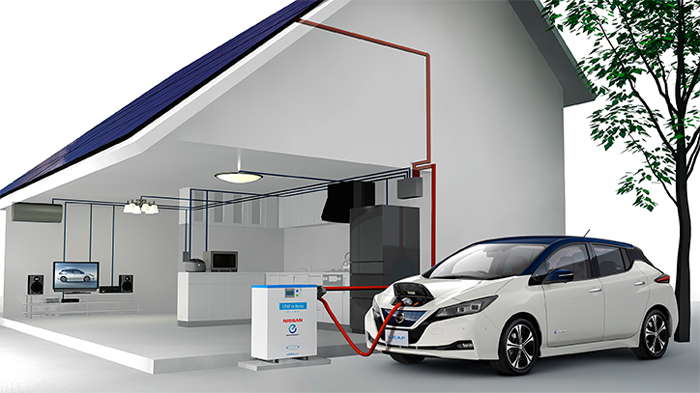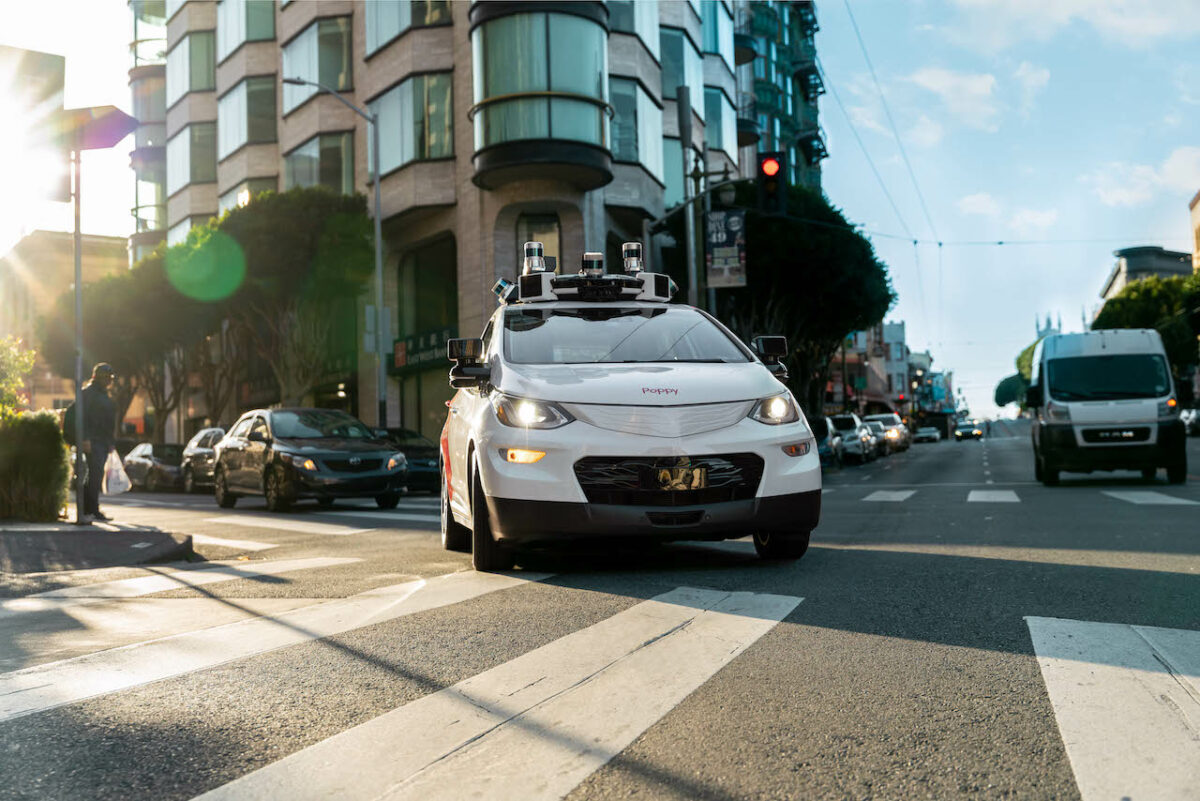2020 saw the government issue a raft of policies in support of the UK’s low-carbon transition, with the electrification of transport being fundamental to this green shift. One of the most headline grabbing developments was the move to end the sale of new gasoline and diesel cars in the UK by 2030. A detailed delivery plan and consultation on the meaning of “significant zero emission capability” is expected in 2021 and the government has already set out its high-level two-phased approach: by 2030 ban on the sale of new gasoline and diesel cars, by 2035 all new cars and vans to be fully zero emission at the tailpipe.
This move is underpinned by the government’s Ten Point Plan—its roadmap to “build back better” in response to the COVID-19 pandemic. In particular, the Plan pledges over £1.8bn (US$2.5bn) of investment to support greater uptake of zero emission vehicles. However, commentators note that the ban alone is not enough to accelerate the roll-out of EVs. Looking ahead, additional regulations (particularly around charging), clarity around the role of local authorities and a re-think of road taxes and charges will be essential to deliver the transition.
Spending Review 2020 (SR20)

In November 2020, the Treasury published its SR20 for 2021-22, which prioritises funding to support the government’s response to COVID-19. SR20 makes it clear that decarbonisation of transport will be key to the government’s “green industrial revolution” and commits £1.9bn of investment into charging infrastructure and consumer incentives. Of that total, there is £950m to support the rollout of rapid charging hubs at every service station on England’s motorways and major A-roads; £275m to extend support for chargepoint installation at homes, workplaces and on-street locations, while reforming these schemes so that they target difficult parts of the market such as leaseholders and small and medium-sized enterprises; £582m for the Plug-in Car, Van, Taxi, and Motorcycle Grant until 2022-23, reducing the sticker price of zero and ultra-low emission vehicles; and £90m to fund local EV charging infrastructure to support the roll-out of larger on-street charging schemes and rapid hubs in England.
SR20 also provides £120m of funding for zero emission buses in 2021-22 which will support delivery of over 800 zero emission buses, and £81m of R&D funding in 2021-22 to launch an investment programme in low and zero emission transport. The package of measures in SR20 provides much needed targeted support for the EV sector and a higher degree of certainty for all stakeholders, particularly investors and consumers.
National Infrastructure Strategy (NIS)
The NIS, published alongside the SR20 in November 2020, reinforces the government’s commitment to be a world leader in low-carbon technologies, in particular stating that “the EV charging ecosystem will be one of the UK’s green industries of the future”. While no specific detail is included, the NIS confirms that the government plans to support the scaling up of zero-emission vehicles with a package of regulations, incentives, and investment in charging infrastructure to be delivered in partnership with customers and the chargepoint and auto industries. It is also noted in the NIS that revenue from motoring taxes will need to keep pace with the transition to EVs to ensure the government can continue to fund the infrastructure required.
Energy White Paper
The long-awaited White Paper emphasises the need for electricity networks to be ready to integrate more electric vehicles while controlling system costs. The White Paper notes that while the mass uptake for EVs will create challenges in terms of power demand, it will also offer opportunities for enhanced system flexibility via vehicle-to-grid (V2G) technologies – which allow electric vehicles (and their charging equipment) to export energy back to the electricity grid in response to communications to and from the electricity network.
The White Paper also emphasises that, to capture these system benefits, the deployment of charging infrastructure needs to run ahead of the uptake of EVs in order to provide consumers with the confidence that they can charge their vehicles conveniently and cost-effectively.

The Electric Vehicle Energy Taskforce moves into its implementation phase
The Electric Vehicle Energy Taskforce is a group of key stakeholders in the energy, infrastructure and automotive sectors and was established to address the challenges and opportunities raised in the gvernment’s ‘The Road to Zero’ strategy of July 2018 and, more generally, enable the growth of the EV industry in the UK.
In January 2020, the Taskforce published its 21 recommendations for actions to be taken by the Government and wider industry to deliver an effective and efficient electric mobility transition. The Taskforce has now moved into its “action and implementation phase”, which will see implementation of the agreed recommendations. On 22 October 2020, the Taskforce held an engagement event during which it provided an update to the industry on its work to date and key objectives and priorities moving forward. These include agreeing common standards and codes of practice to enable interoperability and the sharing of data within the EV sector and the electricity system; developing effective and connected national and local approaches to planning and co-ordination of network and chargepoint infrastructure; and realising the value of smart charging, underpinned by a resilient network and clear market signals to reduce the cost of powering millions of EVs.
The key takeaway from the event was the announcement from Kwasi Kwarteng, Minister for Business, Energy and Clean Growth that the government plans to consult on regulating the driver experience in respect of chargepoints, with regulations to be brought forward that will require all private chargepoints to be smart and comply with certain standards. The regulations and standards are expected to be issued in 2021.
Brexit
While the impact of Brexit on the EV sector remains to be seen, a key sticking point in negotiations was around the restrictions relating to manufacturers of vehicle parts, and in particular batteries. The initial EU position was that a vehicle must be manufactured in the UK or EU to avoid tariffs. However, given that battery cells are mostly produced outside of these countries and comprise a significant portion of value in electric vehicles, UK negotiators argued that this would stifle UK/EU trade in EVs. As such, the EU agreed to an exemption to the tariff for EVs until 2026. Significant investment will therefore be needed in the UK’s battery production capabilities in the next five years in order to preserve the EV value proposition for consumers and ensure that the UK remains an attractive market for EV manufacturers.
Green number plates
December 2020 saw the roll-out of the green number plate scheme for EVs. The new number plates will be applied to all new EVs sold and can be retrofitted on older models.

Forthcoming developments
The government is to publish a summary of responses and “next steps” in relation to its consultation on Electric Vehicle Charging in Residential and Non-Residential Buildings. Proposals put forward by the Government included requirements that every new residential building with car parking has an EV chargepoint; every residential building undergoing major renovation to install a chargepoint if it has more than ten car parking spaces; new-build non-residential buildings and major renovations of the same to provide a chargepoint if they have more than ten car parking spaces; and from 2025, existing non-residential buildings with more than 20 spaces have at least one charge point installed.
Call for Evidence in Open Consultation on Safe Use of Automated Lane Keeping System
The government closed its consultation on the use of Automated Lane Keeping Systems (ALKS) on the country’s motorways in October 2020. The Department of Transport and Centre for Connected and Autonomous Vehicles is seeking to understand if this technology is compliant with the definition of automation under the Automated and Electric Vehicles Act 2018, which requires that the vehicle is capable of safely and lawfully driving itself without being controlled and without needing to be monitored.
Electric Vehicle Trading Scheme and Road Usage Duty (Consultation) Bill
This Private Members’ Bill would require that a public consultation must take place regarding the introduction of a trading obligation on vehicle manufacturers to increase the proportion of EVs sold and regarding the introduction of a road usage duty to reduce carbon emissions for transport.
About the authors: Louise Dalton and Laurence Kalman are Partners, Freddie May and Sabrina Polito are Associates with law firm CMS



